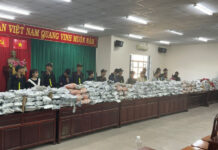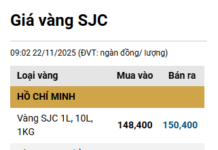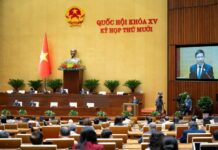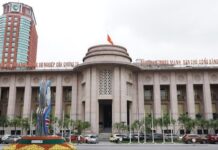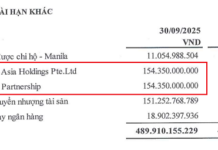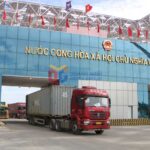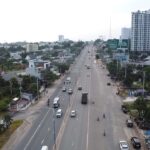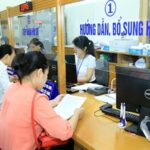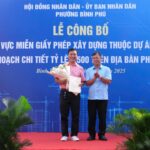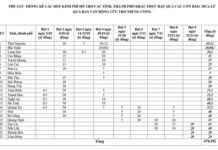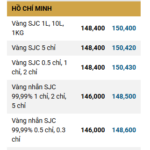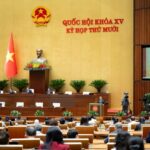“Unleashing the Potential: Addressing Internal and External Challenges for Vietnam’s Private Sector”
On the morning of August 15, the National Economics University hosted a policy dialogue: “Breakthrough Solutions to Remove Bottlenecks in the Development of the Private Economic Sector.”
Professor and Doctor Nguyen Thanh Hieu, Vice Rector of the National Economics University, remarked that after nearly four decades of renovation, Vietnam’s private sector has made significant strides. The private sector contributed 43% of the country’s Gross Domestic Product (GDP) and accounted for 57% of GDP growth in 2024, the highest among all economic components.
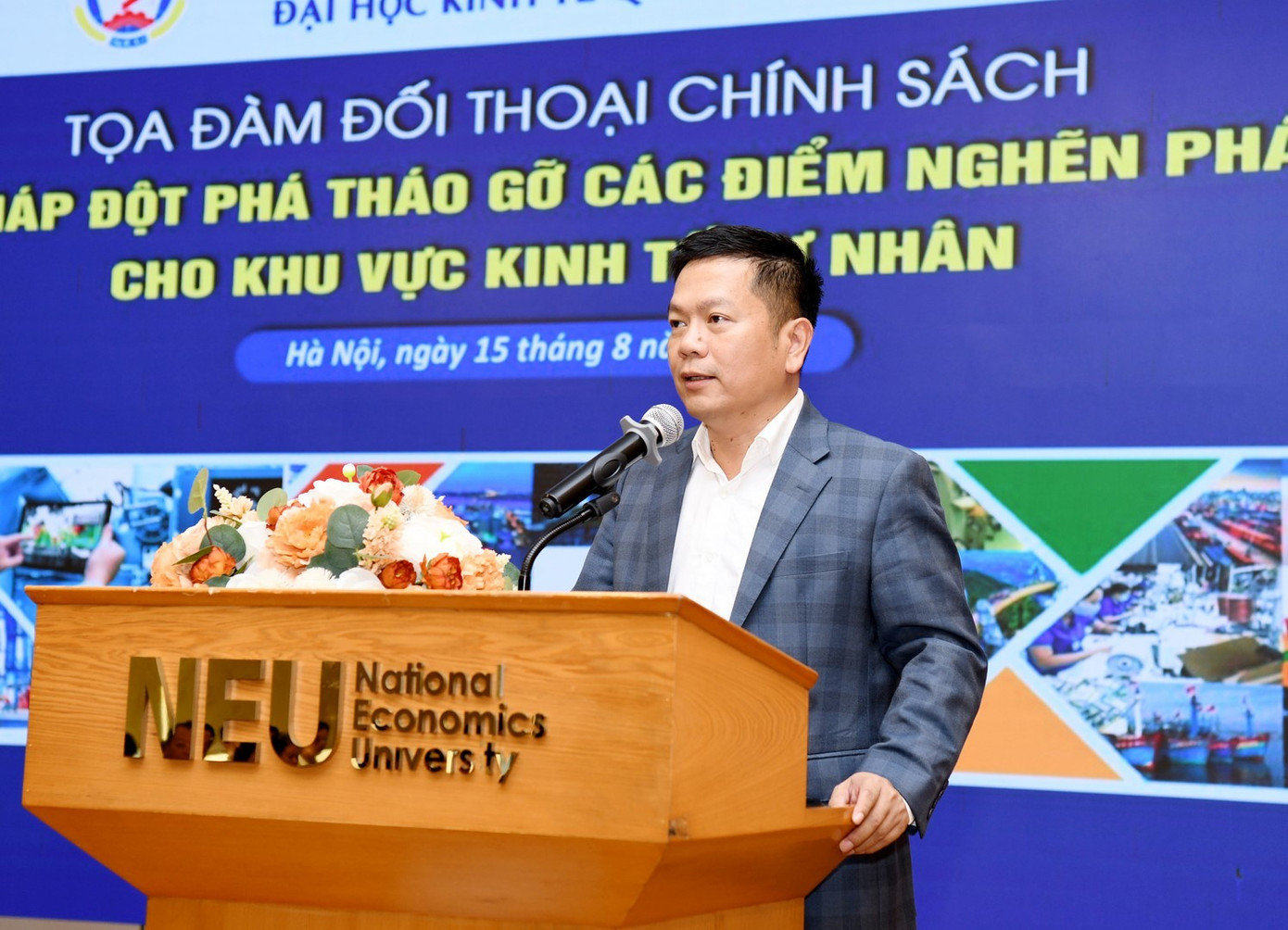
Professor and Doctor Nguyen Thanh Hieu, Vice Rector of the National Economics University.
However, compared to the expectation of becoming a national economic development pillar, the private sector still faces many shortcomings. Currently, this sector has the lowest business efficiency, scientific and technological standards, labor productivity, and employee income among all economic components. There are signs that the private sector is lagging in its development.
Elucidating the bottlenecks in both the policy environment and internal factors, Professor and Doctor Ngo Thang Loi, a senior lecturer at the National Economics University, pointed out that institutionally, the policy framework lacks inclusiveness in many aspects. Private enterprises do not enjoy equal access to business opportunities, land resources, and capital; they face challenges when trying to supplement capital during production and operations; and there is a disparity in tax policies compared to state-owned enterprises or foreign-invested companies.
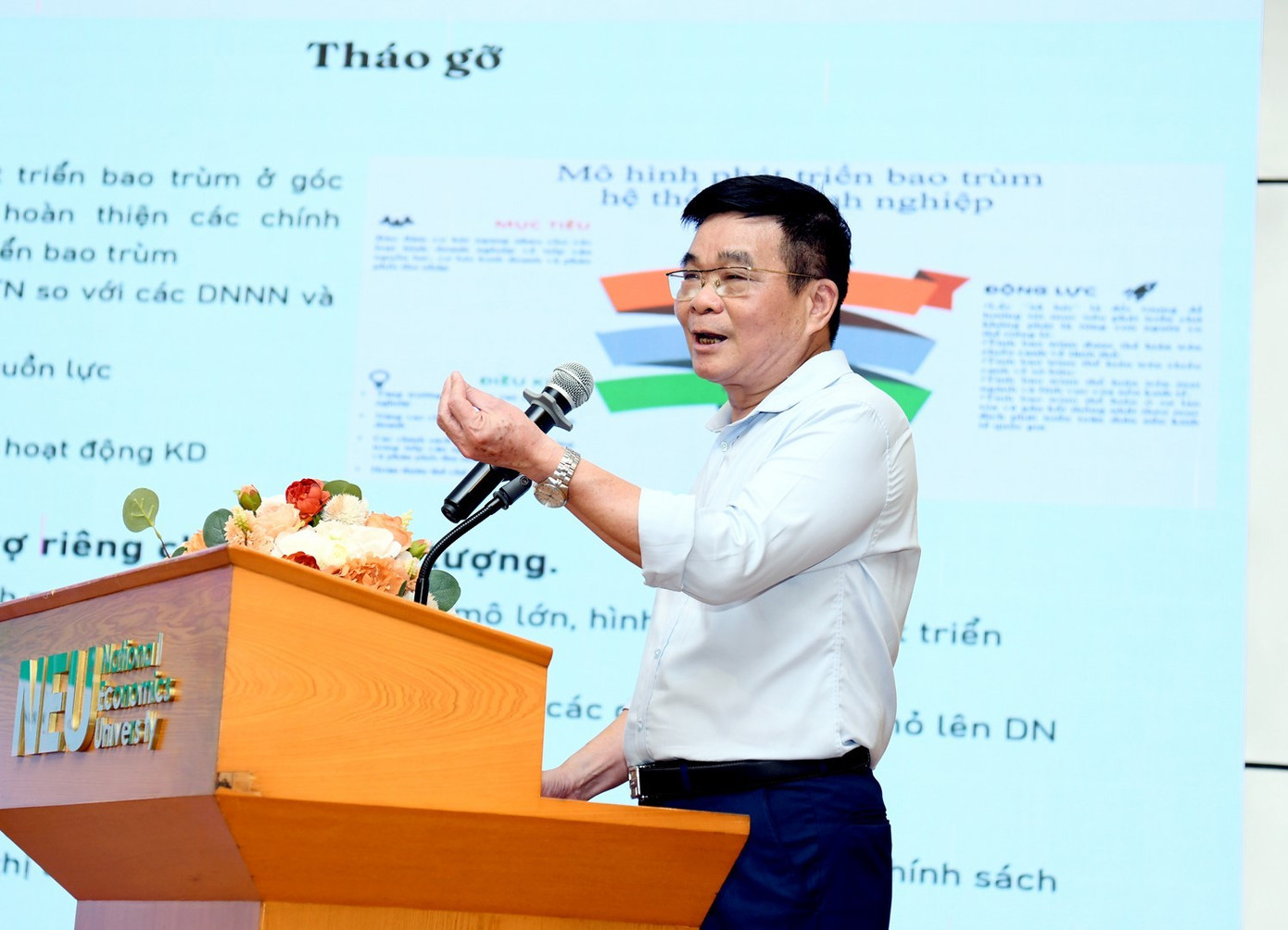
Professor and Doctor Ngo Thang Loi from the National Economics University proposed specific support policies for different groups of enterprises.
Mr. Loi proposed two main groups of solutions: First, improve the inclusive development model to ensure equality among different types of enterprises in accessing opportunities and distributing business operation results. Policies should provide tailored support for different groups, from large-scale enterprises to small and medium-sized enterprises and even household businesses, to encourage their growth and expansion.
Secondly, to promote intra-block and international linkages, it is necessary to perfect the business association model and entrust passionate entrepreneurs with leadership roles to serve as connectors among enterprises. Mr. Loi suggested swiftly transforming local associations into regional ones, removing administrative barriers, and prioritizing economic interests and internal unity as the criteria for linkage.
Many other experts agreed that while there are numerous policies in place, they are not robust enough to catalyze a breakthrough for private enterprises.
Private Enterprises Aspire for Equal Treatment
From the perspective of enterprises, Mr. Hoang Cong Doan, Vice President of the Vietnam Young Entrepreneurs Association, shared that never before have private entrepreneurs received such clear recognition from the Party and the State, especially through Resolutions 57, 59, 66, and 68. This is a significant encouragement. “However,” he added, “on our citizen identification cards, our occupation is still listed as ‘self-employed.’ I believe that officially recognizing us as ‘entrepreneurs’ would be a small action with a significant symbolic impact.”
To translate these resolutions into practice, Mr. Doan suggested immediately addressing the obstacles and difficulties faced by ongoing private enterprise projects. This would swiftly bring the resolutions to life.

Mr. Hoang Cong Doan, Vice President of the Vietnam Young Entrepreneurs Association.
Additionally, he pointed out that small and medium-sized enterprises, especially micro-enterprises, risk being left behind if they grow too quickly. It’s like a cyclist being splashed by a passing car. Within the Young Entrepreneurs Association, only about 5% of members are large enterprises, with the majority being small and micro-enterprises.
Dr. Tran Van The, Chairman of the Board of Directors of InDel Petro Investment and Development Company, candidly acknowledged that the constraints and limitations also stem from within the enterprises and the business environment. These businesses often have thin capital, a small workforce, weak competitiveness, and a high dependence on bank credit, yet they struggle to access capital due to a lack of collateral and transparent financial information.
Dr. The also pointed out barriers stemming from the business environment. The legal system and policies related to enterprises are inadequate and inconsistent. Private enterprises still feel that they are “not being treated equally,” and there is a disconnect between words and actions when dealing with certain state agencies, especially in public-private partnership projects.
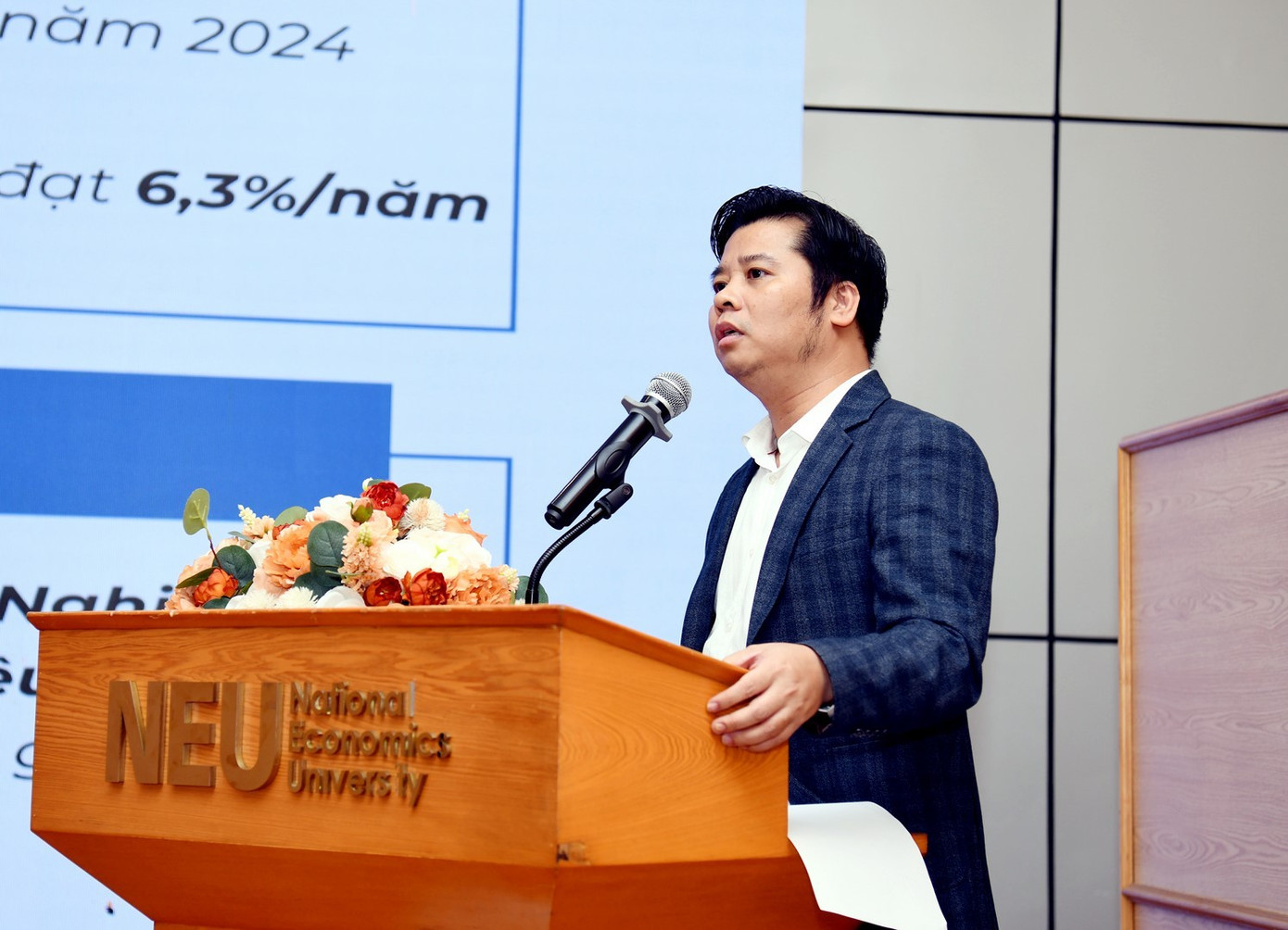
Dr. Tran Van The, Chairman of the Board of Directors of InDel Petro Investment and Development Company.
Dr. The asserted that administrative procedures remain cumbersome, and policy implementation lacks cohesion. “In reality,” he added, “about 80% of documents seeking opinions end with the phrase ‘based on the above regulations,’ rendering the process of gathering opinions perfunctory and unnecessarily prolonged. The bottleneck also lies in the delegation of power to the ward and commune levels. Despite being granted new authorities, many areas remain stagnant due to the lack of ‘guidance,’ leading to stagnation in handling tasks.”
The enterprise representative also emphasized the legal system’s shortcoming of equating enterprise owners or legal representatives with the enterprise itself. When an individual faces legal issues, the enterprise is virtually paralyzed, even if it still possesses the capacity to operate. He advocated for a clear separation to ensure business continuity.
Global Reach: Products from a Province Neighboring Hanoi Make Their Mark in Over 80 Markets Worldwide
With a remarkable export turnover of an estimated $1.95 billion, the province’s businesses have exceeded the growth scenario by a significant 1.4%.
Streamlining Agricultural and Environmental Business Procedures: Cutting Red Tape, Simplifying Processes
With the new scheme, there is a focus on reducing and streamlining administrative procedures related to production and business operations across 13 sectors. This also includes the reduction and simplification of investment and business conditions in 36 sectors, specifically for regulated industries in agriculture and the environment.
“Fostering Dynamism, Inspiring Action: Unlocking Private Sector-led Economic Growth.”
On August 4, Prime Minister Pham Minh Chinh, head of the National Steering Committee for the Implementation of Resolution No. 68-NQ/TW on private economic development, chaired the Committee’s first meeting.




